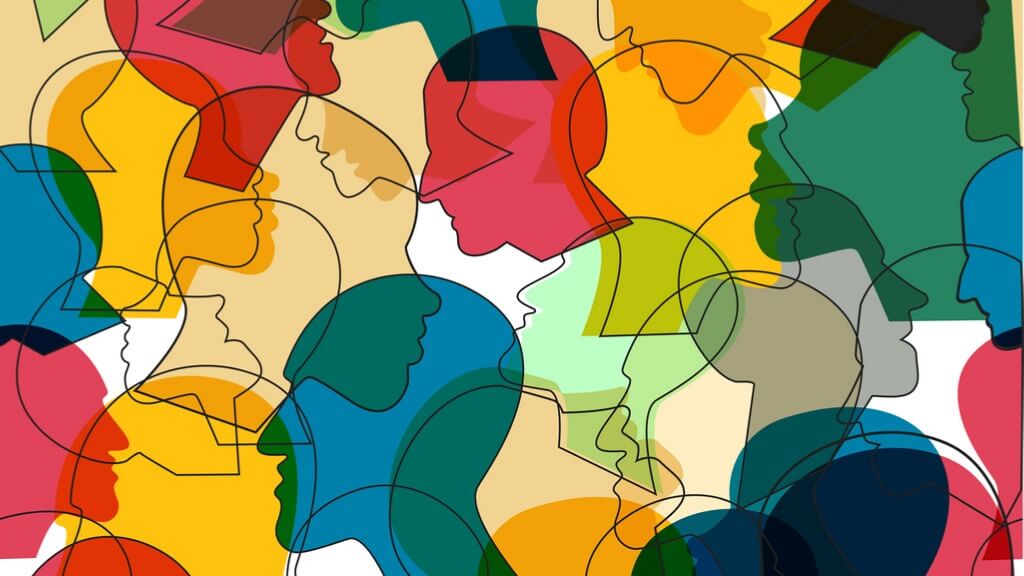
Research has suggested that one in every five Americans suffer from a mental health condition at some point in their lives. This is a big number and despite that, the world is still at a point where it is relying on sick individuals to seek treatment on their own.
This is also despite the fact that there is a lot of stigma against mentally challenged individuals who would rather stay with the challenges or look for ways of boosting their mental wellbeing on their own rather than seek treatment.
In addition, a considerable population of the American population does not have access to either mental health facilities or mental health professionals.
With all these challenges, the COVID-19 pandemic hits the world and brings with it more challenges to mental healthcare. Is it really possible to meet the rising demand for mental health care?
The truth is that machine learning, as well as artificial intelligence, can play and are playing a vital role in meeting this demand. These two have the capability to change how mental health conditions are diagnosed and treated.
A time is coming in the next few years where we might use algorithms to defend ourselves from mental health conditions or to even treat them.
Machine learning is crucial for mental health in different ways, among them;
Integrating Physical Healthcare with Mental Healthcare
In the next few years, machine learning algorithms will be able to notify mental health professionals about a patient who is about to develop a mental health condition. This will be done based on the medical health records that they have about the patient.
Studies have revealed that combining physical and mental healthcare makes it possible for healthcare professionals to predict if certain people who have been to the hospital for certain problems are likely to face mental health problems.
This makes machine learning, coupled with behavioral health EHR, improve efficiency in the management of patients since mental health professionals are able to start preventive care even before the crisis strikes.
Reduction of Human Error and Bias
Today, mental health professionals have been successful in using machine learning algorithms to detect some mental health conditions such as stress disorder and depression. They do this by analyzing the expressions and speech patterns of the affected individuals.
When a patient visits a hospital for any condition, mental and physical health professionals should use machine learning tools to observe the patient and determine the likelihood of having them suffer from a mental health condition.
With that, machine learning is providing a way through which every patient is properly accessed, reducing any chances of human error. In the long run, it will help them avoid overcrowding in their facilities and even reduce the likelihood of patients avoiding treatment due to stigma.
Identifying Patients with Signs of Chronic Mental Health Conditions
Machine learning has made it possible for technology professionals to come up with applications that when installed on a mobile device, can notify mental health professionals when a person is at risk of developing a chronic mental health condition.
For instance, algorithms have been used in a study with language analysis to identify teenagers with the likelihood of developing chronic problems such as psychosis. The results were hundred percent accurate.
With machine learning, mental health professionals can use language analysis to keep tabs on their patients - those that are already undergoing treatment - and notify them (the professionals) when things are about to get worse. This is important in making sure that preventive care is implemented.
Support Availability
Mobile applications and chatbots can be accessed easily from a mobile device as long as one is connected to the internet. These innovative solutions are easy to develop and quite affordable for mental health facilities.
They have made sure that patients can access help and evaluate different treatment options right from the comfort of their homes. Due to the stigma associated with mental health conditions, some people find it easier for them to communicate with a chatbot compared to a human being.
This makes sure that a bigger percentage of patients can get help every single day without even leaving their homes or daily activities. The chatbots use machine learning to answer questions and keep learning based on the question-answer situation.
Conclusion
Technology is changing how the world operates, and the healthcare industry is one of the industries that have been affected. The COVID-19 pandemic has accelerated the need for healthcare facilities to look for innovative solutions that make it easy for them to keep providing healthcare. With machine learning, mental healthcare is going to improve and get better with time.
Thanks for signing up to Minutehack alerts.
Brilliant editorials heading your way soon.
Okay, Thanks!